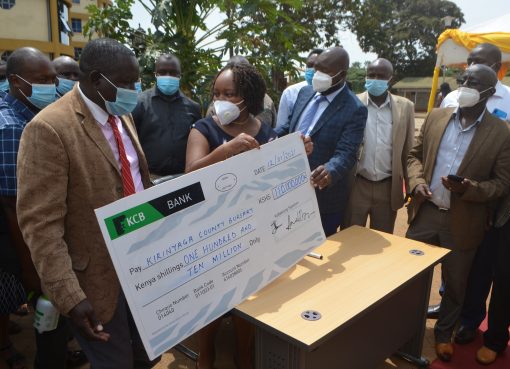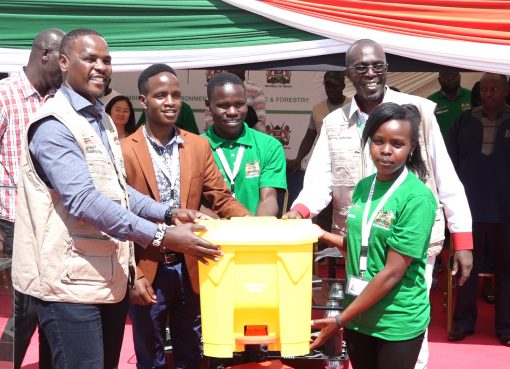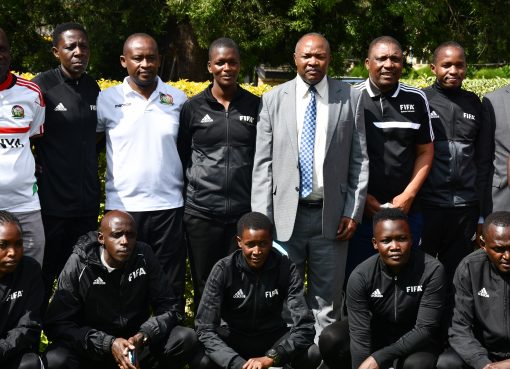Over 80,000 residents of Maralal town and its environs will now have constant supply of clean tap water after a 20 Kilowatts solar power system was installed at the Maralal water treatment plant.
The solarisation and rehabilitation project supported by Feed the Future through the U.S Agency for International Development (USAID) and implemented by STAWI project will boost water supply and improve access to safe water for Samburu County residents.
Speaking during the launch of the project, Samburu County governor Lati Lelelit said that due to perennial power blackouts in Maralal town, the forty-year-old treatment plant has a deficit of 700 cubic meters of water which has resulted in constant water rationing for connected customers.
“Maralal town residents require 1000 cubic meters of water per day but we can only pump 300 cubic meters due to unreliable power supply. However, the newly installed solar power will ensure water is pumped throughout and also increase the plant’s yield to 1150 cubic meters per day,” he said.
The governor noted that apart from the uninterrupted power supply in the water treatment plant, the solar project will save the county government money through reduction of monthly electricity bills.
At the same time, he urged the Samburu Water and Sewerage Company (SAWASCO) to complete the metering of the 4,000 connected customers to boost revenue collection.
“To ensure the sustainability of this project we must generate revenue through the water we supply and also account for every coin we get from our partners because we still seek future partnerships with USAID in areas of healthcare, water, green energy and food security,” he said.
The Deputy Mission Director for USAID Kenya and East Africa Sheila Roquitte lauded the over sixty year working relations between the people of Kenya and the American people over the years they have co-created, co-managed and co-implemented everything.
She underscored the importance of the leadership from the national and county governments for clearing obstacles out of the way to allow the implementing partners to seamlessly undertake projects.
“The resources for these programmes come from the American people and the reason why we want to partner with Kenya is because we have the same values which are that everyone should have clean water, sanitation, healthy food and opportunities for their children,” the mission Director noted.
Also present was the USAID Deputy Assistant Administrator for Resilience, Environment and Food Security Mia Beers, USAID Deputy Assistant Administrator Humanitarian Bureau Danielle Mutone-Smith among other guests.
By Robert Githu





